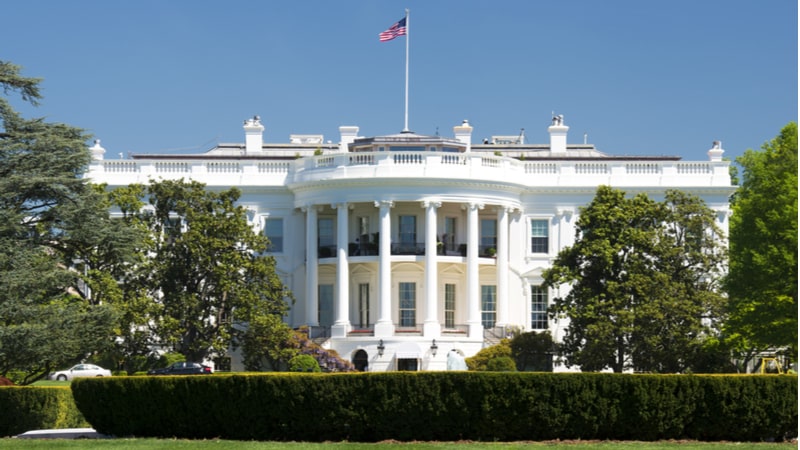
The White House has issued a memorandum to revitalize the United States’ national security and foreign policy workforce and institutions and establish an Interagency Working Group on the national security workforce.
“At home and around the world, we face challenges that require us to lean forward, not shrink back,” the memorandum states. “Meeting these challenges will require an unprecedented mobilization of public service, a sharpening of our priorities and tools of statecraft, and a renewed compact between Americans and their Government.”
The Working Group outlined in the memorandum will be chaired by the Principal Deputy National Security Advisor; the deputy directors from the Office of Management and Budget, Office of Personnel Management, and Office of Science and Technology Policy will serve as vice chairs; and will also consist of heads of agencies or designees from the departments of State, Treasury, Defense, Justice, Commerce, Energy, Homeland Security, Veterans Affairs, Office of the Director of National Intelligence, FBI, U.S. Agency for International Development, and CIA.
Among other tasks, the Working Group will develop proposals to help retain, develop, promote, and support national security employees; establish an advisory group with agencies that are heavily reliant on scientific and technological expertise to inform decision making on programs to recruit and retain individuals with such expertise; and assess the implementation of security clearance reforms and reciprocity proposals.
“It is the policy of my Administration to advance its national security and foreign policy goals by harnessing the ideas, perspectives, support, and contributions of a diverse array of partners, such as State and local governments, academic and research institutions, the private sector, non-governmental organizations, and civil society,” President Biden said in the memorandum.
The memorandum goes on to state that the administration would like to place a greater emphasis on incorporating the expertise of partners into national-level policymaking; develop tools and processes through the use of emerging technologies “to consider a diversity of inputs into policy and implementation processes;” and draw on the talent, knowledge, and perspectives of potential partners.
